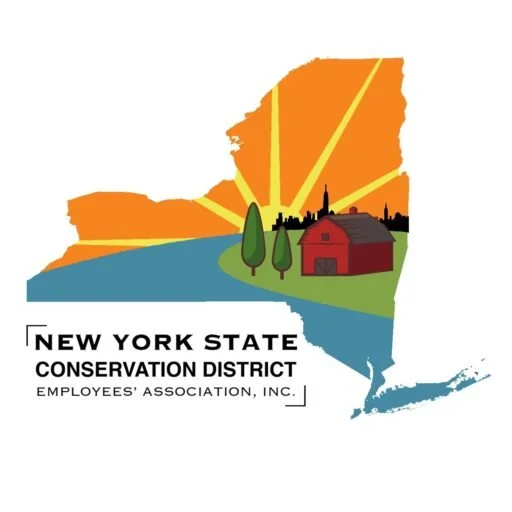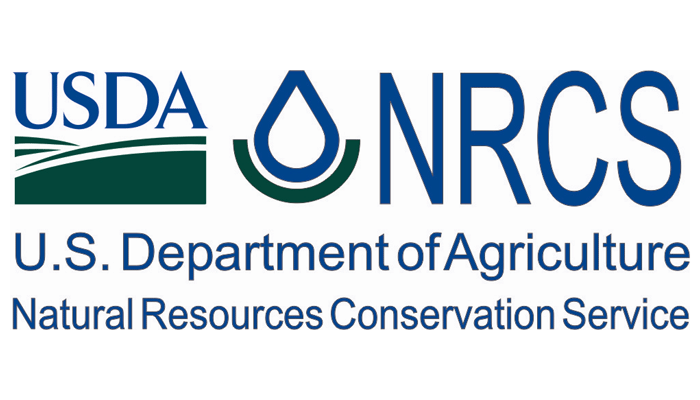
Coordinating the funding, regulatory permits, and site supervision for local environmental projects
CONTACT
Meet the Team
-

Brian Brustman
DISTRICT MANAGER
-

Lisa Schick
PROGRAM ASSISTANT/BOOKKEEPER
-

Amber Gray
DISTRCT TECHNICIAN








